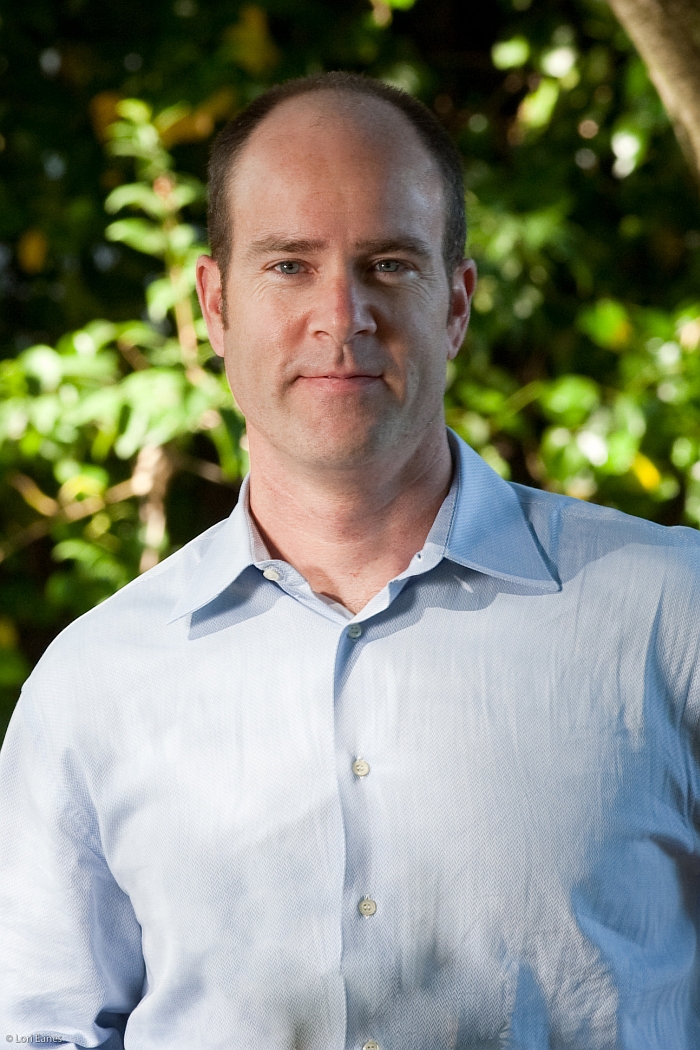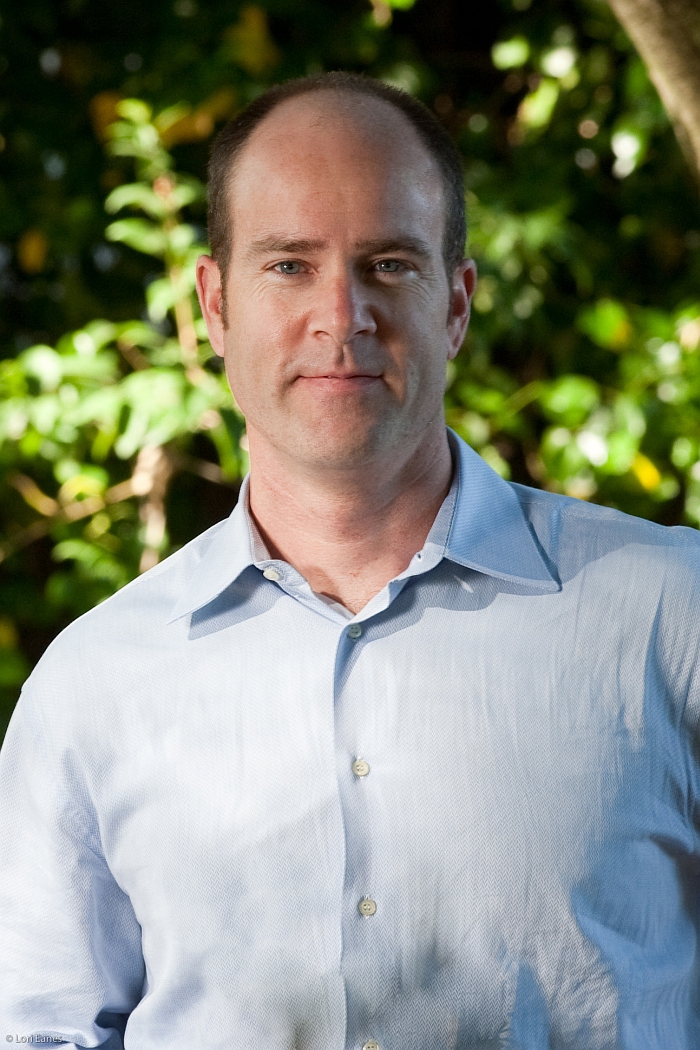 Michael BrunePhoto courtesy Sierra ClubThe Sierra Club’s new leader will come to the job with a record of “environmental agitation” against big industrial polluters. The group announced on Wednesday that Michael Brune, 38, currently head of Rainforest Action Network (RAN), will replace Carl Pope as executive director as of March 15. Brune honed RAN’s strategy of negotiating politely with corporate heavyweights such as Bank of America, Citigroup, and General Motors — and then, if they don’t clean up their acts, campaigning mercilessly against them. The two-pronged approach earned results that belie RAN’s modest size—it helped convince Home Depot to stop selling wood from endangered forests, for example.
Michael BrunePhoto courtesy Sierra ClubThe Sierra Club’s new leader will come to the job with a record of “environmental agitation” against big industrial polluters. The group announced on Wednesday that Michael Brune, 38, currently head of Rainforest Action Network (RAN), will replace Carl Pope as executive director as of March 15. Brune honed RAN’s strategy of negotiating politely with corporate heavyweights such as Bank of America, Citigroup, and General Motors — and then, if they don’t clean up their acts, campaigning mercilessly against them. The two-pronged approach earned results that belie RAN’s modest size—it helped convince Home Depot to stop selling wood from endangered forests, for example.
Brune spoke to me about his plans to bring similar ferocity to the comparatively mild Sierra Club, the nation’s largest environmental group, which claims 1.3 million members. With its self-governing regional chapters, its way-outside-the-beltway headquarters in San Francisco, and a smaller D.C. policy shop than other Big Green groups, the Sierra Club has always relied more on grassroots advocacy than direct work with Congress. Brune offered thoughts about what’s ahead for the Sierra Club and the environmental movement as a whole.
—–
Q. The so-called environmental problems we face now are closely integrated into our lives—our energy systems and buildings, our food and transportation. They’re a different beast than traditional wilderness conservation. How does the Sierra Club adapt?
A. By not looking at these problems as obligations but as opportunities. With clean energy and climate legislation, there are enormous benefits like job creation, reduced health burden from the toxic pollution many communities are facing, and a whole series of opportunities that will result from deeper investments in clean-energy research, development, and deployment.
Q. What should we be calling this work in the 21st century, to get more people on board?
A. I don’t focus so much on the name—I think environmentalism is a decent word. What is perhaps most important is to appeal to a wider set of values. In talking about climate change, we can discuss terms like parts per million or discuss how many votes we have in the Senate. But what’s more inspiring is talk about the people who will be hurt by climate change, the people who will benefit from a clean energy transition, and also, as the Sierra Club has done for decades, talk about the wild places that need to be protected and restored in order to address climate disruption. If we look at health concerns, jobs, the impact on the economy that climate change will have, we’ll do a much better job appealing to a wider section of the public.
Q. What habits and ways of thinking—perhaps acquired in the ‘60s—does the movement need to shed?
A. I’m reluctant to criticize folks on whose shoulders we’re standing. The work that was done in the ‘60s and ‘70s might be a little outdated, perhaps, but the results have improved the lives of millions of people.
That said, there is important work to be done in the near term, such as isolating the corporations and public institutions that are most resistant to change, that are most aggressively fighting to maintain a failing status quo. Companies like Massey Energy and much of the coal and oil industries need to be challenged to either evolve or face dramatically decreasing public support.
Q. Where should the climate movement be focusing this year? The Senate looks like an even tougher place to work after the Massachusetts special election debacle.
A. The top priority is still passing strong climate and energy legislation. I certainly think that’s something that can be done in the next year. And it will have a powerful impact on a whole range of issues progressives care about.
Q. I talked to Bill McKibben this morning, and he told me he doesn’t see Congress acting until it perceives a much larger social movement demanding climate action. He thinks Congress members are pretty good at discerning whether there are people and pressure behind what they are being asked to do. There’s a different argument that lasering in on specific senators or on the filibuster is the way to go. What do you think?
A. I definitely agree with Bill. A focus of this movement should be to push all elected officials to make a stand and not to narrow our focus on one particular bill or a handful of senators. We have much deeper work to do over the next several months and years.
Q. Was there a moment of discovery when it became clear you wanted this job?
A. Two and a half years ago I was working with Sierra Club Books on publishing my book Coming Clean. I started looking more closely at the work the Sierra Club has been doing and the grassroots base that the Sierra Club is a part of. I think anybody that has been paying attention to the environmental movement over the last several years has to be impressed with the record of the Sierra Club in stopping new coal-fired power plants and in promoting far-reaching and progressive policy initiatives.
Q. What happens to Rainforest Action Network now that you’re departing?
A. RAN will continue doing its great work. We just launched a new campaign to change Chevron, to hopefully inspire California’s largest corporation to become a 21st century energy company. Chevron needs to clean up its mess in Ecuador and RAN and others will be at their heels continuously to push them to do that. On RAN.org, you can see an action that we did just yesterday to push General Mills and Cargill to stop converting rainforests into palm oil plantations. RAN’s probably going to have its best year ever. I’m just sorry I won’t be around to take all the credit.
—-
Also check out Jason Mark’s analysis of what the leadership change means for the Sierra Club.
And watch a video about Brune’s work at RAN:


